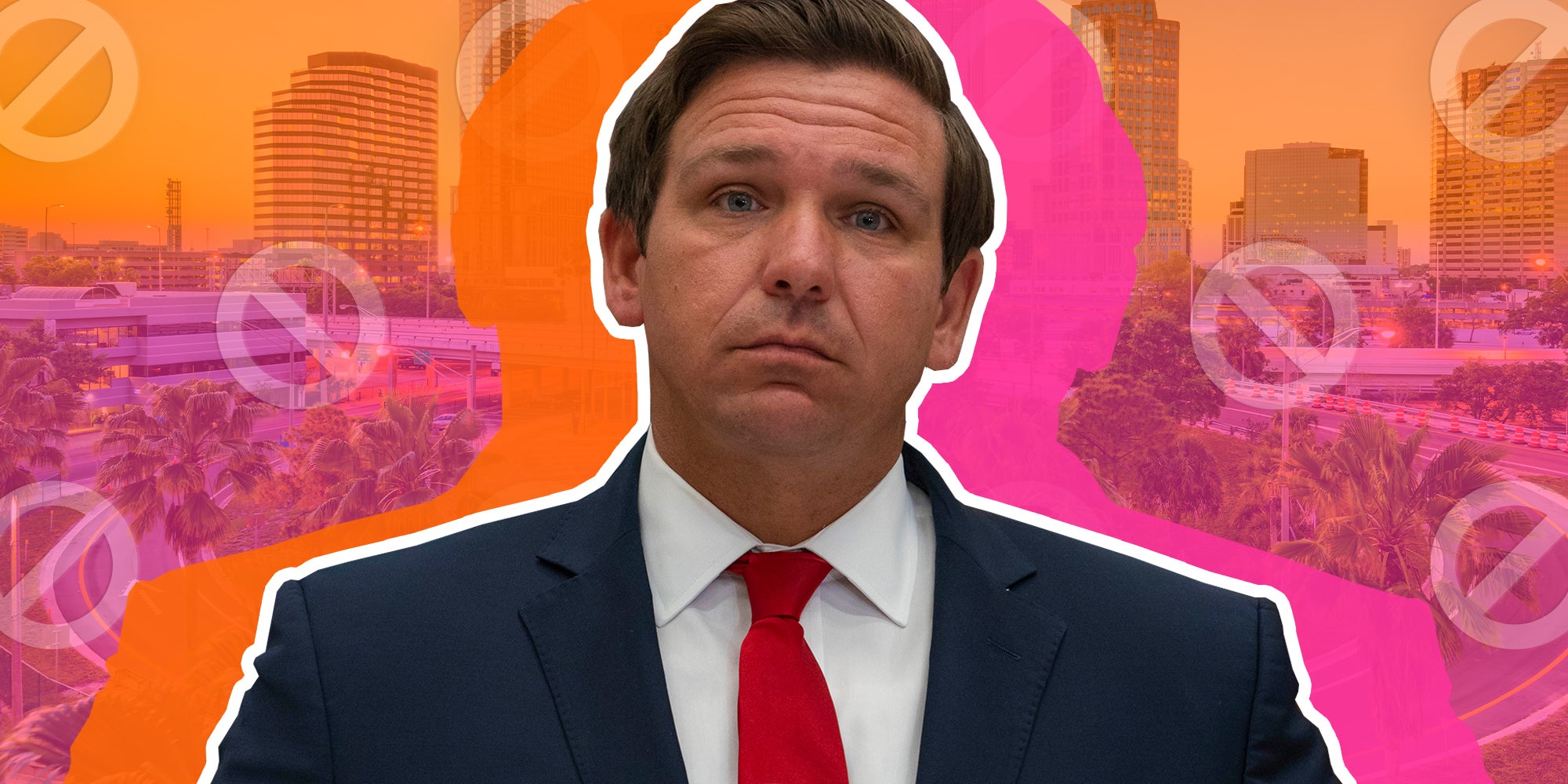
On Friday, March 1, Florida Gov. Ron DeSantis vetoed a state-level bill, HB 1, that would have banned users under the age of 16 from all social media platforms.
However, it looks like the Florida social media bill, known as the “Online Access to Materials Harmful to Minors” bill, is still alive.
A local news outlet in Florida reported on March 4 that the bill changed in negotiations with the governor. The newly amended Florida social media bill, now named HB 3, passed in the Florida Senate 30 to 5 on March 4.
It is now heading for a final vote in the House. If approved, the governor is expected to sign the bill into law. It would go into effect July 1.
According to a tweet from Republican state representative Paul Renner, who led negotiations with DeSantis, this bill will include “critical parental controls,” allowing 14 and 15-year-olds to open accounts with permission from their parents.
The bill does not name specific platforms that it will affect. However, it mentions any platforms with algorithmic and “addictive” features. Which means it will likely impact apps like TikTok, YouTube, Instagram, Facebook, TikTok, and OnlyFans.
The original bill, HB 1, would have required all users to prove their age to join social media, through a facial scan or ID scan. In comparison, HB 3 would only require most social media companies to automatically delete accounts it recognizes as belonging to someone under the age of 14. Parents would also be able to request for their children’s accounts to be deleted by platforms.
However, the bill also concerningly targets the adult content creation industry. It would require websites and platforms like OnlyFans to verify users’ ages are above 18 years old before they can access pornographic content. This would mean that third-party age verification services, like ID scanners or facial recognition software, would become mandatory to view explicit adult content.
In response to the news, a coalition of eight non-partisan organizations released a letter condemning the bill. It was signed by PEN America, Chamber of Progress, PRISM, the First Amendment Foundation, ACLU of Florida, the Trevor Project, NetChoice, and LGBT Tech.
The letter argues the bill is too vague and fails to achieve the goal of actually protecting minors. It also argues the bill creates “confusing age verification requirements that infringe on Floridians’ right to privacy.”
“Age verification requirements also blatantly chill the speech and threaten the privacy of adults by requiring them to surrender their anonymity to engage in constitutionally protected speech,” the letter reads.
Similar social media regulations in Utah are being challenged in court by NetChoice, a nonprofit trade organization associated with Meta, TikTok, and X. The company spoke out against Florida’s HB 3 bill, arguing it violates free speech rights.
“HB 3 is still I.D. for the internet, and NetChoice calls on Gov. DeSantis to oppose it, too,” NetChoice tweeted.
Are you impacted by this new Florida social media bill? Email tips@passionfru.it to share your story.




